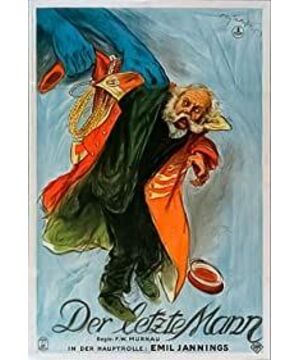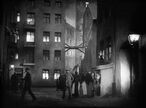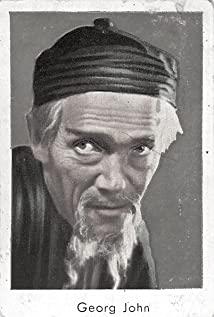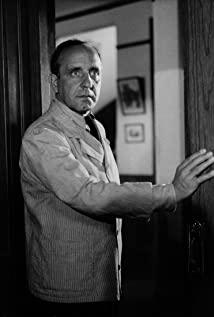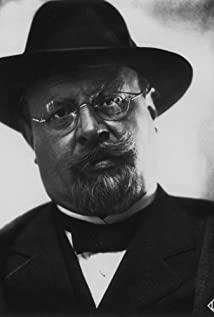I feel that I saw several comments saying that the final turning point was abrupt. Maybe the version I watched did not translate the large German section that the team left in it? I went to find the original text and translation, and it was a note for myself.
The original version of the tubing I read is this:
Here, at the place of his humiliation, the old man would waste away miserably for the rest of his life. And here the story would, strictly speaking, be over. But the author is looking out for him who has been abandoned by everyone, and so he bestows upon him an epilogue, telling a story that-unfortunately-usually doesn't occur in real life.
Turnover: Here, the old man will spend the rest of his life in his shameful place. Strictly speaking, the story ends here. But the author is looking for him abandoned by everyone (or "the author (hope) can take care of him abandoned by everyone"), so he gave him (the old man) an ending, about a-unfortunately-in real life A story that doesn’t usually happen in the movie.
The English provided by the wiki summarizes this:
Following this comes the film's only title card, which says: "Here our story should really end, for in actual life, the forlorn old man would have little to look forward to but death. The author took pity on him, however, and provided quite an improbable epilogue."
Machine translation: "Our story should really be over here, because in real life, this lonely old man has no hope other than death. The author has mercy on him and provided a rather impossible ending."
Probably so. It feels like there may be this sentence in the original text? Quite curious who got this idea.
View more about The Last Laugh reviews


